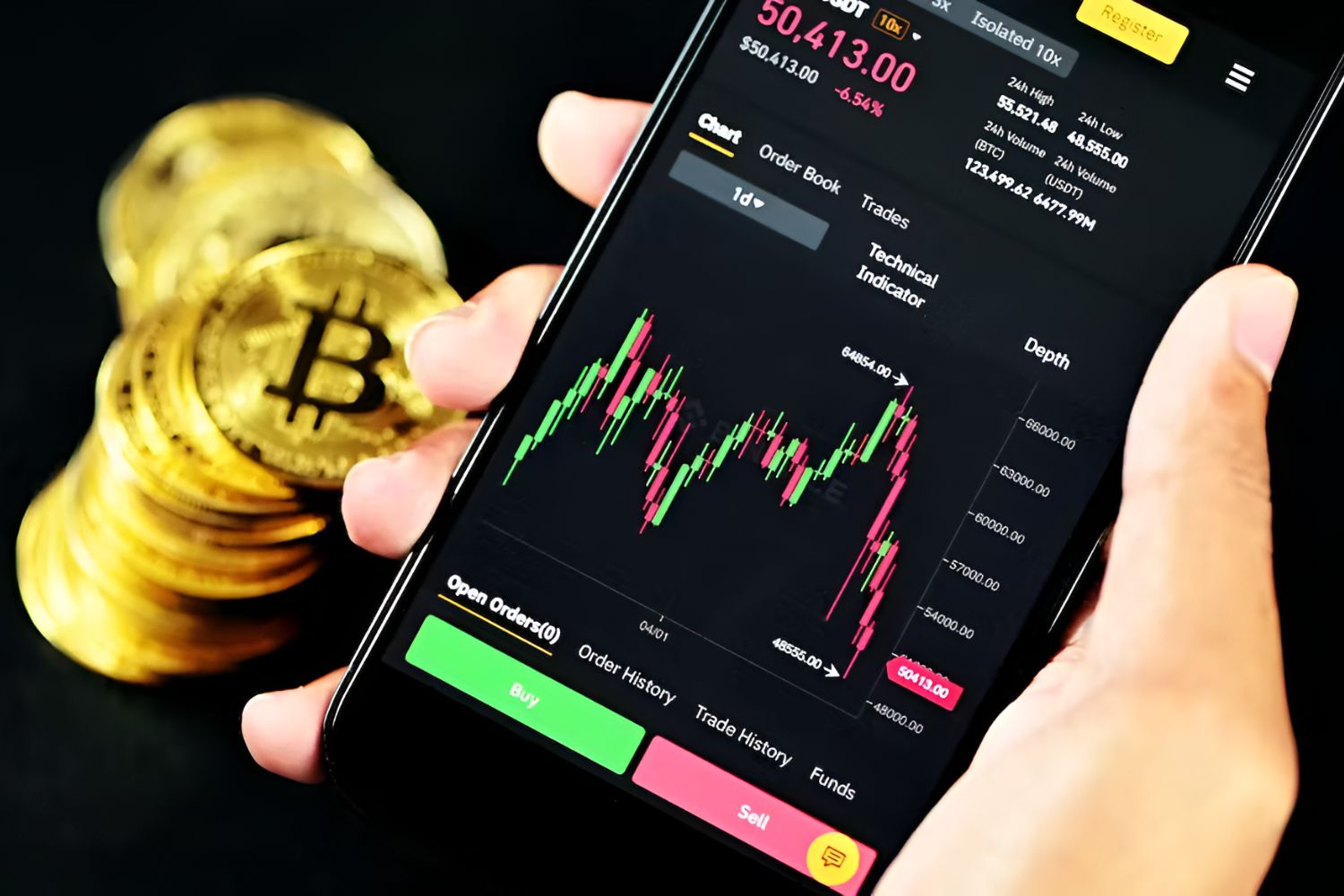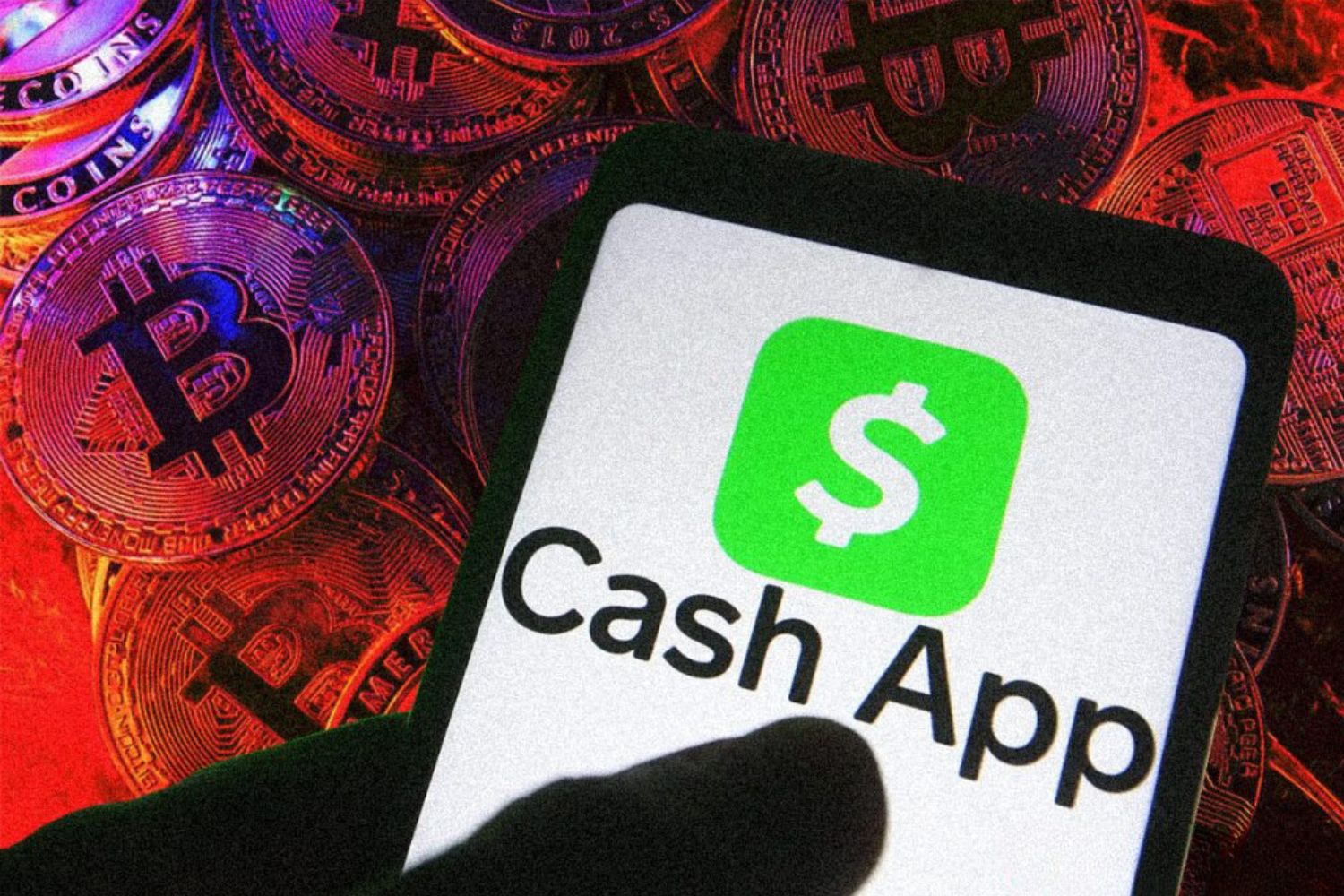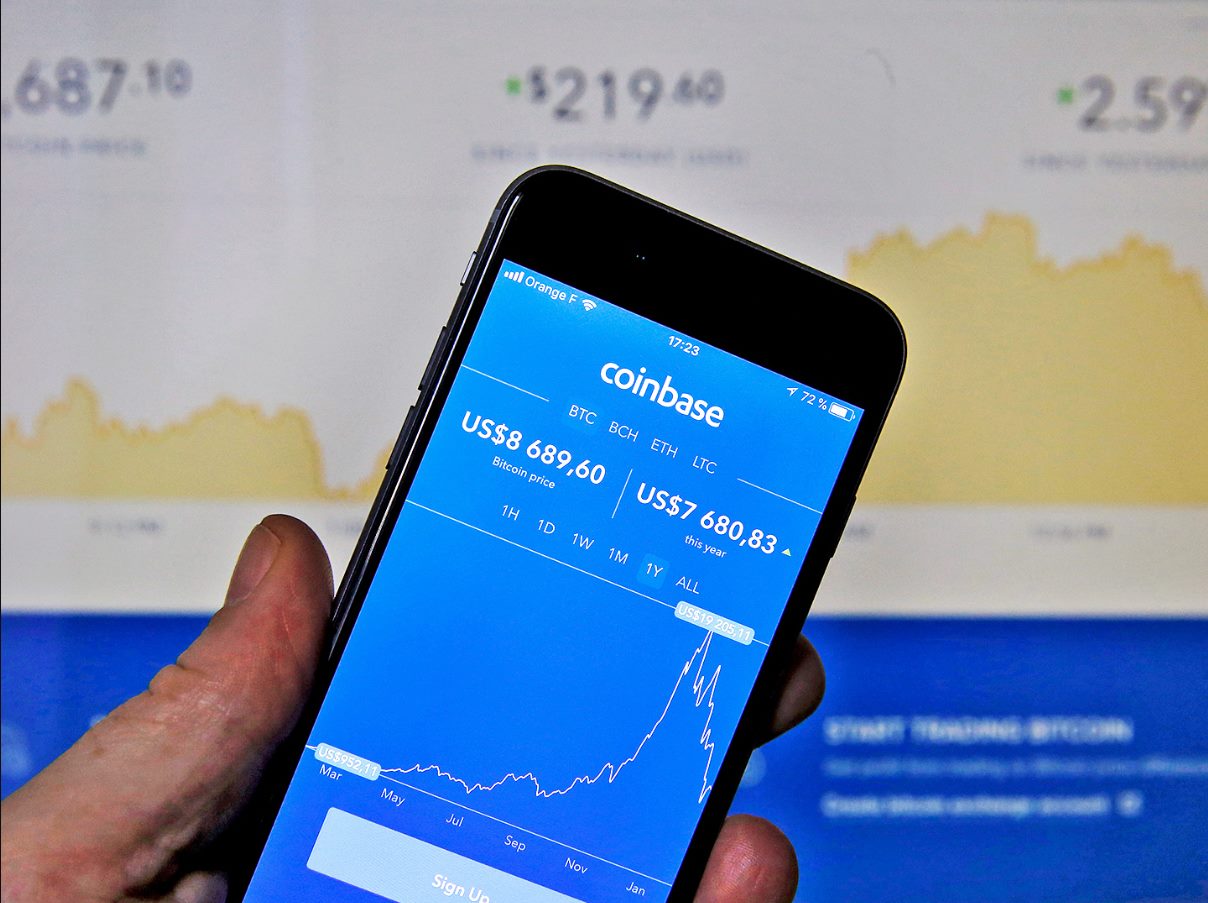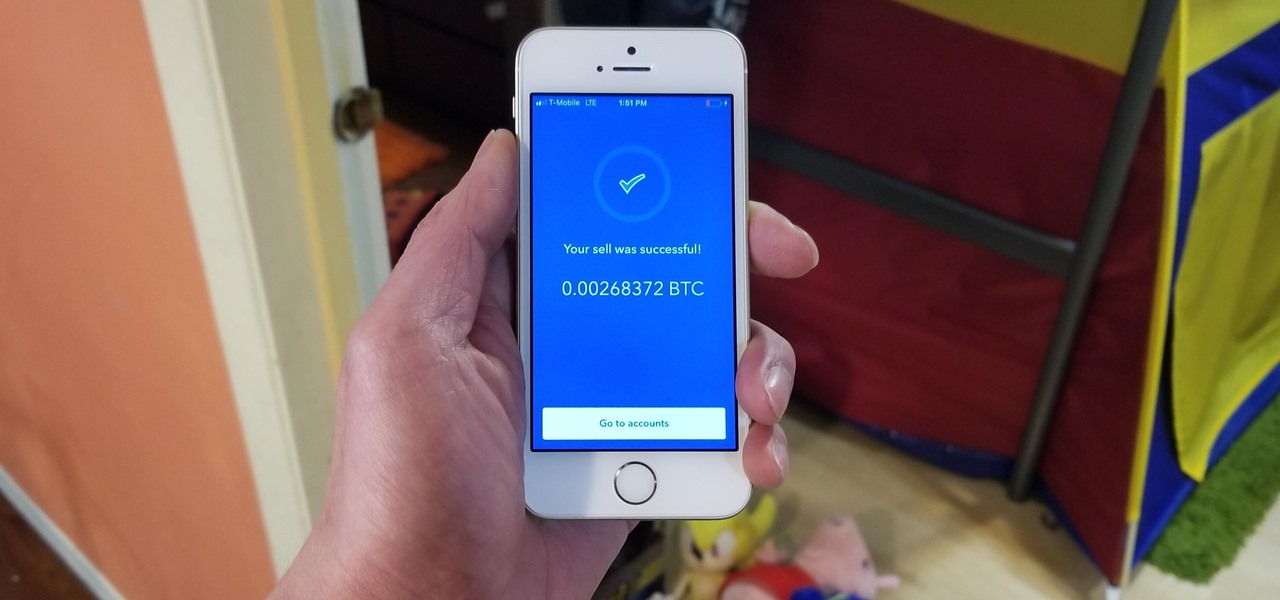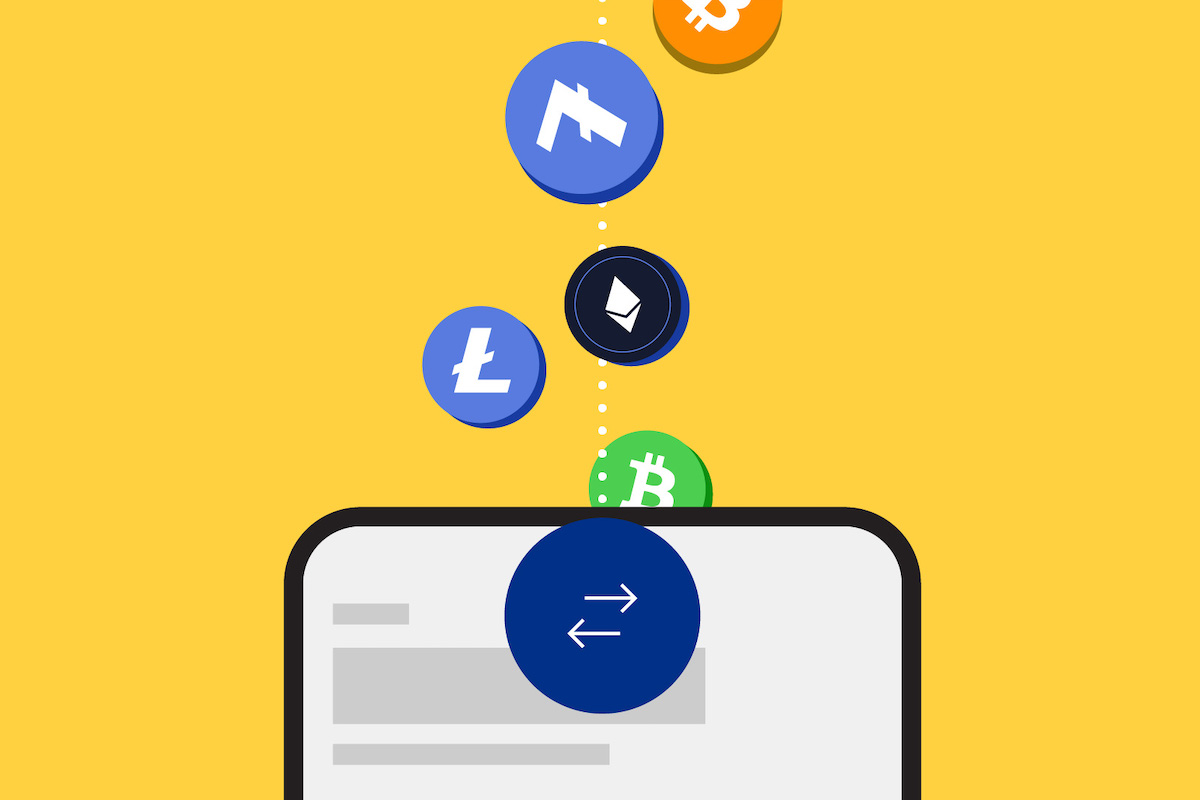Introduction
Bitcoin, the world’s first decentralized digital currency, has gained significant popularity over the years. As more individuals and businesses recognize the potential of this groundbreaking technology, the demand for bitcoin wallets has skyrocketed. But what exactly is a bitcoin wallet address, and why is it essential in the world of cryptocurrency?
A bitcoin wallet address is a unique alphanumeric code that serves as a digital identifier for your bitcoin transactions. It is similar to a bank account number or an email address but specifically tailored for handling bitcoin. This address is necessary for sending, receiving, and storing bitcoins securely.
So why do you need a bitcoin wallet address? The answer lies in the nature of bitcoin transactions. Unlike traditional financial systems that rely on intermediaries like banks and payment processors, bitcoin operates on a peer-to-peer network. A bitcoin wallet address allows you to interact directly with the blockchain, the underlying technology that powers bitcoin, without the need for intermediaries.
Getting a bitcoin wallet address is relatively easy and can be achieved through several methods. In this article, we will explore three popular options: choosing a bitcoin wallet provider, using a bitcoin wallet app, and generating a bitcoin wallet address offline.
When selecting a bitcoin wallet provider, there are several factors to consider. Security should be your top priority since cryptocurrencies are a prime target for hackers. Look for wallets that offer encryption, two-factor authentication, and backup options to protect your funds. Additionally, consider the wallet’s user interface and compatibility with different platforms to ensure a seamless experience.
Alternatively, you can opt to use a bitcoin wallet app. These smartphone applications allow you to manage your bitcoin wallet directly from your mobile device. They often come with simple interfaces and additional features like QR code scanning for easy transactions. Make sure to choose a reputable app from a trusted source to avoid potential security risks.
If you prefer to have complete control over your bitcoin wallet, you can generate a wallet address offline. This involves using software or hardware wallets that allow you to create a wallet without an internet connection. By keeping your private keys offline, you minimize the risk of online attacks. However, it’s crucial to follow the setup instructions carefully and securely store your offline wallet to prevent any loss or theft of your funds.
What is a Bitcoin Wallet Address?
A Bitcoin wallet address is a fundamental component of the cryptocurrency ecosystem. It serves as a unique identifier, allowing individuals to send and receive bitcoins securely. Think of it as a digital mailbox for your bitcoins; it enables you to store, manage, and track your cryptocurrency transactions.
A Bitcoin wallet address is a string of alphanumeric characters, typically ranging from 26 to 35 characters in length. It is generated using a combination of cryptographic algorithms and serves as a public key in the Bitcoin network. This means that anyone can view your wallet address, but only you have access to the private key required to sign transactions.
Your wallet address is essential for receiving bitcoins. It functions similarly to an email address, where others can send you bitcoins by entering your wallet address as the recipient. Each Bitcoin transaction is recorded on the blockchain, a public ledger that maintains a transparent record of all transactions. With your wallet address, you can verify the receipt of bitcoins and track incoming funds.
On the other hand, your wallet address is also necessary for sending bitcoins. When you initiate a transaction, you need to specify the recipient’s wallet address. The Bitcoin network verifies your ownership of the bitcoins by confirming that you have the private key to the corresponding wallet address. Once verified, the transaction is added to the blockchain, updating the balance of both the sender and the recipient.
It’s important to note that a Bitcoin wallet address should be generated for each transaction or recipient. Using a unique address for each transaction enhances privacy and security, as it makes it difficult for others to trace your entire transaction history. Many wallets automatically generate a new address for each transaction, simplifying this process and ensuring the security of your funds.
Bitcoin wallet addresses are not associated with specific individuals or locations, making them pseudonymous rather than anonymous. However, it’s important to exercise caution when sharing your wallet addresses online or with others. While the addresses themselves do not reveal personal information, combining multiple transactions associated with the same wallet address can potentially compromise your privacy.
In summary, a Bitcoin wallet address is a digital identifier that enables the sending and receiving of bitcoins. It plays a crucial role in managing your cryptocurrency transactions and tracking your funds. By understanding the purpose and functionality of a Bitcoin wallet address, you can confidently engage in the world of digital currencies while ensuring the security and privacy of your assets.
Why Do I Need a Bitcoin Wallet Address?
A Bitcoin wallet address is essential for several reasons, especially if you plan to participate in the world of cryptocurrencies. Here are some key reasons why you need a Bitcoin wallet address:
1. Sending and Receiving Bitcoins: A Bitcoin wallet address is necessary for sending and receiving bitcoins. It serves as a unique identifier that allows others to send bitcoins to you. Without a wallet address, you won’t be able to receive any bitcoins or complete transactions.
2. Ownership and Control: A Bitcoin wallet address gives you ownership and control over your bitcoins. When you have a wallet address, you can prove your ownership of the bitcoins associated with it by providing the private key. This allows you to initiate transactions and manage your funds at any time.
3. Security and Privacy: Having a Bitcoin wallet address adds an extra layer of security to your transactions. When someone sends bitcoins to your wallet address, it is stored securely in your wallet, protected by cryptographic algorithms. Additionally, using a unique wallet address for each transaction enhances your privacy and makes it more difficult for others to track your transaction history.
4. Storage and Tracking: A Bitcoin wallet address allows you to store and track your bitcoins. With your wallet address, you can keep track of incoming and outgoing transactions, monitor your balance, and view your transaction history. This enables you to have a clear overview of your cryptocurrency holdings.
5. Participation in the Bitcoin Network: To actively participate in the Bitcoin network, you need a wallet address. It is the key that enables you to interact with the blockchain and engage in various bitcoin-related activities, such as buying goods and services, trading on cryptocurrency exchanges, or investing in Initial Coin Offerings (ICOs).
6. Financial Freedom and Decentralization: Bitcoin was designed to empower individuals by providing a decentralized and peer-to-peer financial system. By having a Bitcoin wallet address, you can experience the benefits of this decentralized ecosystem. You no longer need to rely on traditional banking systems or intermediaries for financial transactions.
7. Future Proofing: Getting a Bitcoin wallet address ensures that you are prepared for the growing adoption of cryptocurrencies in the future. As more businesses and individuals embrace digital currencies, having a wallet address will enable you to seamlessly integrate into this evolving financial landscape.
Overall, a Bitcoin wallet address is crucial for anyone interested in using or investing in bitcoins. It allows you to send and receive bitcoins, maintain ownership and control over your funds, ensure the security and privacy of your transactions, and actively participate in the growing Bitcoin network. By obtaining a Bitcoin wallet address, you open the door to the world of cryptocurrencies and position yourself for the financial opportunities they offer.
How to Get a Bitcoin Wallet Address
If you’re ready to join the world of cryptocurrencies and start using bitcoins, the first step is to obtain a Bitcoin wallet address. There are several methods to get a Bitcoin wallet address, each with its own advantages and considerations. Let’s explore three popular options:
Option 1: Choose a Bitcoin Wallet Provider
One of the easiest ways to get a Bitcoin wallet address is by choosing a reputable Bitcoin wallet provider. These providers offer online wallets that allow you to access and manage your bitcoins through a web interface.
To get a Bitcoin wallet address from a provider, follow these general steps:
- Research different Bitcoin wallet providers and choose one that meets your needs.
- Visit the provider’s website and sign up for an account.
- Follow the registration process and provide the necessary information.
- Once your account has been created, log in to your wallet.
- Find the option to generate a new wallet address. This might be labeled as “Receive” or “Wallet Address.”
- Click on the generate address button, and your Bitcoin wallet address will be created.
- Copy and securely store your wallet address, as you’ll need it for future transactions.
Remember to choose a reputable and secure Bitcoin wallet provider. Look for wallets that prioritize user security, offer two-factor authentication, and encryption features.
Option 2: Use a Bitcoin Wallet App
Another popular method is to use a Bitcoin wallet app, which allows you to manage your Bitcoin wallet directly from your smartphone or tablet. These apps offer a convenient and user-friendly way to access and control your bitcoins on the go.
To get a Bitcoin wallet address through a Bitcoin wallet app, follow these general steps:
- Visit your device’s app store (such as the Apple App Store or Google Play Store) and search for a Bitcoin wallet app.
- Read reviews and check ratings to ensure you choose a reputable app.
- Download and install the app on your device.
- Open the app and follow the on-screen instructions to create a new wallet.
- Once the wallet is set up, navigate to the “Receive” or “Wallet Address” section.
- Click on the option to generate a new wallet address.
- Copy and securely store your wallet address for future reference.
Make sure to choose a Bitcoin wallet app that is regularly updated, offers strong security features, and has a user-friendly interface.
Option 3: Generate a Bitcoin Wallet Address Offline
If you prefer to have complete control over your Bitcoin wallet and security, you can choose to generate a Bitcoin wallet address offline. This involves using software or hardware wallets that allow you to create a wallet without an internet connection.
To generate a Bitcoin wallet address offline, follow these general steps:
- Research and choose a reputable software or hardware wallet to suit your needs.
- Download and install the software wallet or set up the hardware wallet as per the provided instructions.
- Ensure that you follow the recommended security practices for generating the wallet address offline, including using a clean and secure device.
- Generate a new wallet address using the software or hardware wallet.
- Make a physical note of your wallet address and store it securely.
Generating a Bitcoin wallet address offline can provide an additional layer of security by keeping your private keys away from potential online threats.
Regardless of the method you choose, make sure to securely store your Bitcoin wallet address, as losing it can result in a loss of access to your funds. Safeguarding your wallet address and private keys is crucial to maintaining control over your bitcoins.
Option 1: Choose a Bitcoin Wallet Provider
When it comes to getting a Bitcoin wallet address, one of the most straightforward options is to choose a Bitcoin wallet provider. These providers offer online wallets that allow users to access and manage their bitcoins through a web interface. Here’s a closer look at how this option works:
Research and Select a Bitcoin Wallet Provider:
The first step is to research and select a reputable Bitcoin wallet provider that suits your needs. There are numerous providers available, each offering different features and levels of security. Take the time to read reviews, evaluate their security measures, and consider user feedback before making a decision.
Create an Account:
Once you’ve chosen a provider, visit their website and sign up for an account. The registration process typically requires you to provide basic information such as your name, email address, and password. Some providers may require additional verification steps to enhance security.
Log In and Generate a Wallet Address:
After creating an account, log in to your Bitcoin wallet using your credentials. Once you’re logged in, navigate to the wallet interface. Look for an option labeled “Receive” or “Wallet Address.” Clicking on this option will allow you to generate a new wallet address.
Copy and Store Your Wallet Address:
Once you generate a new wallet address, it will be displayed on the screen. It is essential to copy this address and securely store it. You can choose to save it on your computer or write it down on a piece of paper. Remember to keep your wallet address private and avoid sharing it with anyone.
Consider Security Features:
When selecting a Bitcoin wallet provider, consider the security features they offer. Look for providers that prioritize user security with features like two-factor authentication, multi-signature functionality, and encryption options. These features help safeguard your bitcoins from potential security threats.
Backup Your Wallet:
Once you have your Bitcoin wallet address, it is crucial to back up your wallet. Most Bitcoin wallet providers offer backup options, such as mnemonic phrases or wallet.dat files. These backups allow you to restore your wallet and access your funds in case of a computer failure, loss, or theft.
Choosing a reliable and reputable Bitcoin wallet provider is crucial to ensure the security of your bitcoins. Take the time to thoroughly research different providers, consider their security measures, and assess user reviews and ratings. By selecting a trusted provider, you can confidently generate a Bitcoin wallet address and manage your cryptocurrency with peace of mind.
Option 2: Use a Bitcoin Wallet App
Another popular method to obtain a Bitcoin wallet address is by using a Bitcoin wallet app. These smartphone applications allow you to manage your Bitcoin wallet directly from your mobile device, providing you with convenience and accessibility. Here’s a closer look at how this option works:
Research and Download a Bitcoin Wallet App:
The first step is to research and find a reputable Bitcoin wallet app that is compatible with your smartphone or tablet. You can find these apps on your device’s app store, such as the Apple App Store or Google Play Store. It’s important to read reviews, check ratings, and ensure the app has a good reputation before downloading.
Install and Set Up the App:
Once you’ve found a Bitcoin wallet app, download and install it on your device. Follow the on-screen instructions to set up your wallet. This usually involves creating a new account, setting a strong password, and possibly going through additional security measures, such as setting up two-factor authentication.
Create a New Wallet and Generate an Address:
After setting up your wallet, navigate to the wallet interface within the app. Look for an option labeled “Receive” or “Wallet Address.” Tap on this option to generate a new wallet address. The app will generate a unique alphanumeric string that serves as your Bitcoin wallet address.
Copy and Store Your Wallet Address:
Once the wallet address is generated, it will be displayed on your screen within the app. It’s crucial to copy the address and store it securely. You can choose to save it in a secure notes app, write it down on paper, or take a screenshot for easy reference. Keep in mind that your wallet address is sensitive information, so it’s important to keep it private and avoid sharing it with others.
Consider Security Measures:
When selecting a Bitcoin wallet app, prioritize security features. Look for apps that offer strong encryption standards, two-factor authentication, and backup options. These security measures help protect your wallet and ensure the safety of your bitcoins.
Regularly Update the App:
To maintain the highest level of security, make sure to keep your Bitcoin wallet app updated. Developers often release updates that address security vulnerabilities or introduce new features. By regularly updating the app, you ensure that you’re benefiting from the latest security enhancements.
Using a Bitcoin wallet app provides you with the flexibility and convenience of managing your Bitcoin wallet on the go. Remember to choose a reputable and secure app, follow recommended security practices, and store your wallet address and login credentials securely to protect your bitcoins.
Option 3: Generate a Bitcoin Wallet Address Offline
If you prioritize maximum security and control over your Bitcoin wallet, you can choose to generate a Bitcoin wallet address offline. This method allows you to create a wallet address without an internet connection, reducing the risk of online threats. Here’s how you can generate a Bitcoin wallet address offline:
Research and Select a Software or Hardware Wallet:
The first step is to research and choose a reputable software or hardware wallet that suits your needs. Software wallets are programs that you install on your computer or mobile device, while hardware wallets are physical devices that store your private keys offline. Take the time to read reviews, evaluate security features, and ensure that the wallet you choose supports offline address generation.
Download and Set Up the Wallet:
If you opt for a software wallet, download and install the wallet software on your offline device. Make sure to download the software from the official website to avoid any potential tampering or security risks. If you choose a hardware wallet, follow the provided instructions to initialize and set up the device.
Generate a New Wallet Address:
Once your software wallet is installed or your hardware wallet is set up, follow the instructions provided by the wallet provider to generate a new wallet address offline. This process typically involves creating a new wallet within the software or device and following the on-screen prompts to generate the address.
Record and Store Your Wallet Address:
When the wallet address is generated, it will be displayed on the screen. It’s essential to record and store this address securely. You can choose to write it down on paper, engrave it on a metal plate, or store it in an encrypted file. Make sure to keep multiple copies in different secure locations, such as a safe or a safety deposit box.
Safeguard Your Private Keys:
Along with the offline-generated wallet address, it is crucial to safeguard the private keys associated with your wallet. Private keys are required to access and sign transactions from your wallet address. Hardware wallets securely store private keys offline, while software wallets may provide options for encrypted backups or mnemonic phrases. Ensure that you follow the wallet provider’s instructions carefully on how to securely back up and store your private keys.
Regularly Update the Wallet Software:
To maintain optimal security, make sure to regularly check for updates and install the latest version of your software wallet. Developers frequently release updates to address security vulnerabilities or improve functionality. Keeping your wallet software up to date ensures that you have the most secure version and reduces the risk of potential exploits.
By choosing to generate a Bitcoin wallet address offline, you significantly enhance the security and control of your cryptocurrency holdings. Remember to choose a reputable wallet provider, follow the setup instructions diligently, and take every precaution to protect your wallet address and private keys from unauthorized access or loss.
Considerations When Choosing a Bitcoin Wallet Provider
When selecting a Bitcoin wallet provider, it’s essential to consider several factors to ensure the security and functionality of your wallet. Here are some key considerations to keep in mind when choosing a Bitcoin wallet provider:
Security:
Security should be one of your top priorities when selecting a Bitcoin wallet provider. Look for a provider that offers robust security features such as two-factor authentication, encryption, and multi-signature functionality. These measures help protect your wallet and ensure that your funds are secure from potential threats.
Reputation and Trustworthiness:
Research the reputation and trustworthiness of the Bitcoin wallet provider before entrusting them with your funds. Look for providers with a proven track record and positive reviews from users. Consider their longevity in the industry, adherence to regulatory standards, and reputation for handling security incidents.
User Interface and Ease of Use:
The user interface and ease of use of the wallet provider’s platform can greatly impact your experience. Look for a wallet provider that offers an intuitive and user-friendly interface, making it easy for you to navigate and manage your funds. A well-designed interface can simplify the process of sending and receiving bitcoins and accessing important account information.
Compatibility and Accessibility:
Consider the compatibility and accessibility of the Bitcoin wallet provider. Ensure that the wallet is compatible with your devices and operating systems, whether it’s a web-based wallet or a mobile app. Furthermore, consider how easily accessible and available customer support is in case you encounter any issues or need assistance.
Backup and Recovery Options:
Check if the Bitcoin wallet provider offers backup and recovery options. Accidents can happen, and having reliable backup and recovery mechanisms ensures that you can restore your wallet and access your funds if necessary. Look for wallets that provide mnemonic phrases, wallet file backups, or other methods to securely back up your wallet.
Community and Development:
Assess the community and development surrounding the Bitcoin wallet provider. Look for wallets that have an active and supportive community of users and a dedicated development team that regularly releases updates and improvements. Active development ensures that the wallet remains secure and up-to-date with the latest advancements in the Bitcoin ecosystem.
Privacy:
Consider the privacy features offered by the Bitcoin wallet provider. Some wallets prioritize user privacy by implementing features such as coin mixing or enhanced transaction anonymity. If privacy is a concern for you, look for wallets that offer enhanced privacy features to protect your identity and transaction history.
Reviews and Recommendations:
Lastly, read reviews and seek recommendations from trusted sources or peers who have experience with Bitcoin wallet providers. Their insights can provide valuable information and help you make an informed decision. Consider factors such as security, user experience, customer support, and overall user satisfaction when evaluating reviews and recommendations.
By carefully considering these factors, you can choose a Bitcoin wallet provider that aligns with your security requirements, user experience preferences, and personal needs. Remember, the right Bitcoin wallet provider is crucial for securely managing your bitcoins and ensuring a smooth and convenient user experience.
Conclusion
Obtaining a Bitcoin wallet address is an essential step for anyone looking to navigate the world of cryptocurrencies. Whether you choose to use a Bitcoin wallet provider, a Bitcoin wallet app, or generate a wallet address offline, securing a personal wallet address empowers you to send, receive, and store bitcoins securely.
A Bitcoin wallet address serves as a unique identifier that allows you to send and receive bitcoins on the blockchain, the underlying technology behind Bitcoin. It offers ownership, control, and security over your digital assets, enabling you to actively participate in the decentralized financial ecosystem offered by cryptocurrencies.
When choosing a Bitcoin wallet provider, consider factors such as security features, reputation, user interface, compatibility, backup options, and privacy measures. These considerations ensure that you select a trusted and secure wallet provider that aligns with your specific needs and preferences.
Remember to prioritize security throughout the entire process of obtaining and managing your Bitcoin wallet address. Safeguard your wallet address, private keys, and backup phrases in secure locations, implement necessary security features, and regularly update your wallet software to protect your funds from potential threats.
By embracing a Bitcoin wallet address, you position yourself to fully explore the benefits of the digital currency revolution. With an address in hand, you can confidently engage in various Bitcoin-related activities, such as making purchases, conducting trading, and participating in the global Bitcoin network.
Now that you have a better understanding of how to obtain a Bitcoin wallet address and the considerations involved, you can confidently take the first steps towards joining the ever-growing Bitcoin community and harnessing the potential of this groundbreaking technology.









